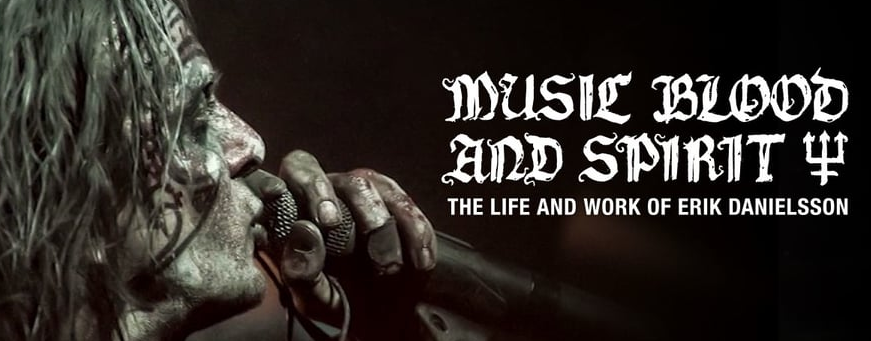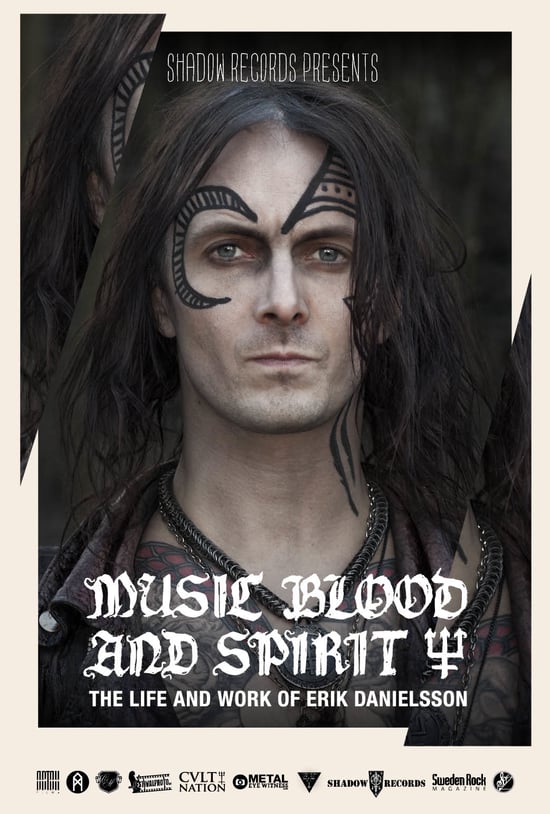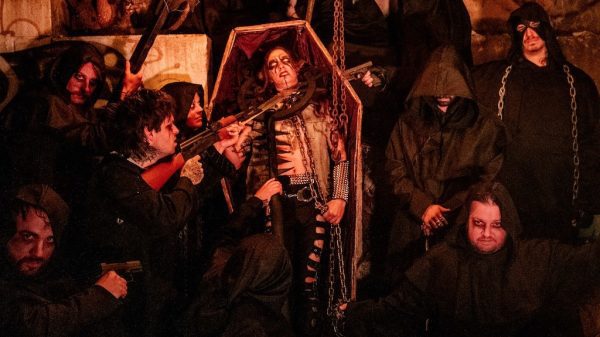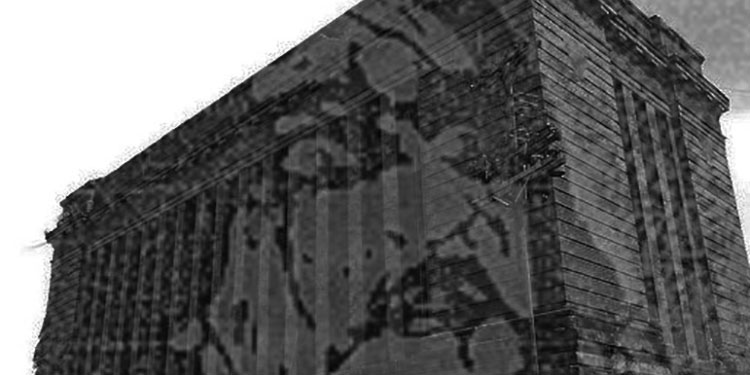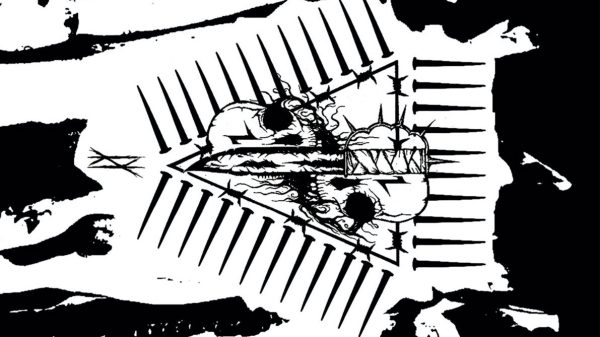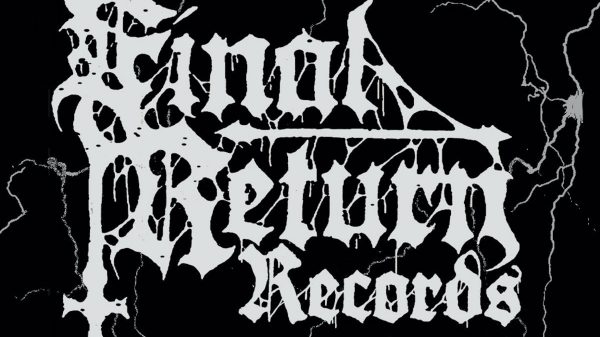“We’ve done many terrible things, but it’s taken us to a place where we’ve become free men.”
The above quote by Watain frontman Erik Danielsson encapsulates Claudio Marino’s latest and final entry in his “Blood and Spirit” documentary series. Over the course of 23 minutes, “Music, Blood and Spirit: The Life and Work of Erik Danielsson” presents a humanising portrait of Daniellson, as he expounds upon what has inspired his life’s work.
There is much about Watain that is shrouded in mystique. Though the band are avowed theistic Satanists, they have never elaborated upon those beliefs in a public realm outside of their music. What exactly is going on in Danielsson’s pre- and post-show onstage rituals is to be seen, but never fully revealed. It is a private matter as much as it can be.
There is very little that is known about the band members themselves. In fact, Danielsson is the only member that engages with the press. Drummer Hakan Jonsson and guitarist Pelle Forsberg remain silent and let their instruments do the talking. As such, it is no surprise that Danielsson would be the subject of this sort of documentary.
What is surprising is how much he reveals.
Fans of the band should be forewarned that “Music, Blood and Spirit” does not focus on Watain. In fact, precious little is seen of the band as a whole outside of a snippet of live footage and a photograph of the band in their formative years. Rather, much of the documentary is spent inside Danielsson’s home. It is not an urban, blackened tomb, nor is it a gated, obsidian-colored monolith. It’s a normal place within walking distance of woods and nature. “My growing up was characterized by nature,” he says. “Thinking back on my childhood, perhaps it’s a bit romanticized, but it feels like I spent half of it on the mountainsides.”
Like many of us who experienced a relatively normal childhood, we got good and warped by heavy metal at a young age. Danielsson is no different. He’s also no different in that his first concert was a pivotal moment that set him on this path.
As he discusses Watain’s early years, he is shown putting together an archive of Watain posters. It is a painstaking process; their logo is etched onto a sheet of paper using a transfer and a guitar pick, then fed into a typewriter, where each image is logged for posterity. It is here that I realized that Erik Danielsson is far more than just Watain’s frontman and mouthpiece; he is its caretaker. I was reminded of an Ian Mackaye quote: “Every day, I wake up in Fugazi.”
That sounds a weary sentiment, but to be sure, it is not one that Danielsson himself expresses. In fact, he is quite glad to do the work. “The only thing in my life that has been crystal clear is Watain,” he says. “I think most people search for such an insight. ‘This is what I am going to do with my life. This is the reason I was put on this earth.’”
In watching this film, one cannot help but think that for Danielsson, his religion and the band are intertwined. Though he still does not reveal the tenets of his religion or what his rituals wreak or symbolize, he does discuss how he arrived to his religion, along with some rather insightful commentary about man’s relationship with the world. What is absolutely clear is something that has been readily apparent all along, for those with eyes to see: For Watain, music is a spiritual matter.
There is no greater illustration of this than Watain’s live show. I’ve heard many a criticism levelled against the band, but they are resolutely crushed in the face of the passion, atmosphere and ferocity of Watain in their highest element. Quite simply, they are one of the best live bands in the world. Though the rotting blood, the animal parts, the stench and the rituals add to the effect, they could leave it at home and still mop the floor with a great majority of bands that are on the road as I write this. That energy and commitment is what all bands should strive for, and far too many of them fall short.
As for the film itself, Claudio Marino’s spare cinematography is exactly what is needed. Danielsson’s voiceover carries the narrative of the film, while Marino’s camera captures the elements that his subject discusses. The soundtrack, composed by Treha Sekori, is right in step with Watain’s atmosphere. If there is one thing I would’ve liked to have seen, it’s more footage of the band’s headquarters, which seems a concrete tomb sealed off by a large metal door. There are glimpses of the inner workings, though, enough to reveal it as a bomb shelter left behind and warped to maximum effect by the band. However, that is a very small quibble, and it’s far more important to show Danielsson in a relaxed, subdued element. In the context of Watain, he is usually anything but.
According to the series’ website, artaxfilm.com, the goal of these films is “to capture the souls of artists and those that tread their own path to enlightenment and creative wealth.” To that end, “Music, Blood and Spirit” is a sure success. By allowing Marino into his home and his mind, Erik Danielsson has revealed a part of himself that is key to understanding Watain. It is certain that the man would not align himself with anyone unwilling to go the depths that he has, so together, Watain has built a world for themselves far away from our own…the one that they have zero desire to return to.
Rent it on Vimeo VOD below.
Music, Blood and Spirit from Claudio Marino on Vimeo.

